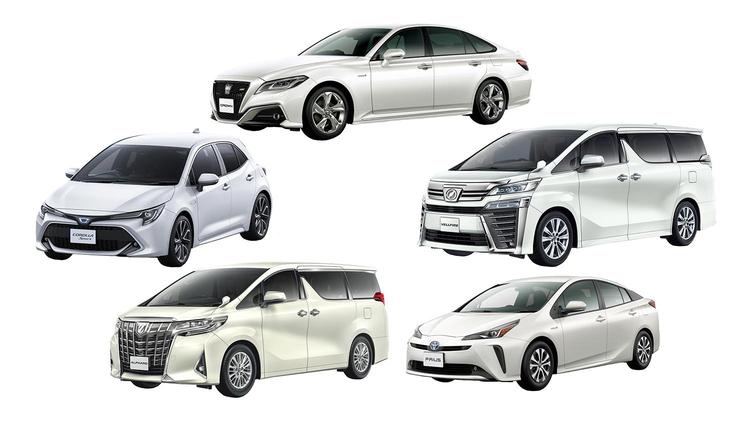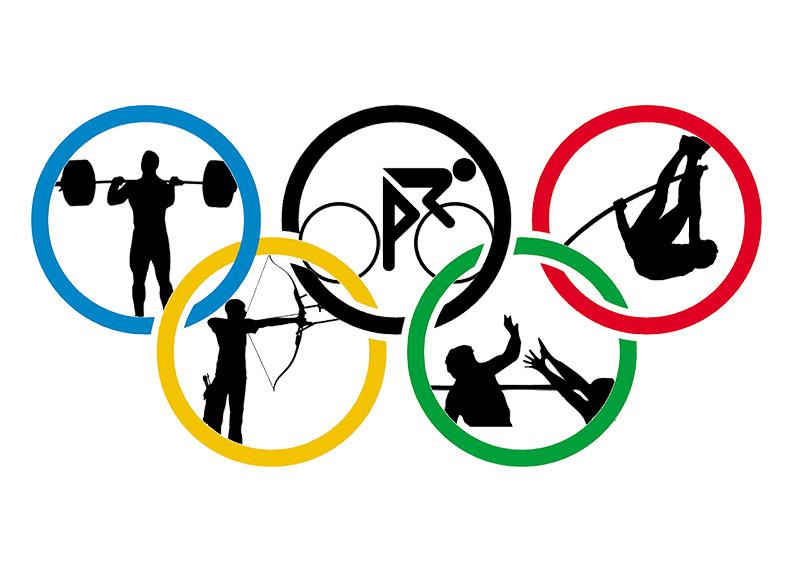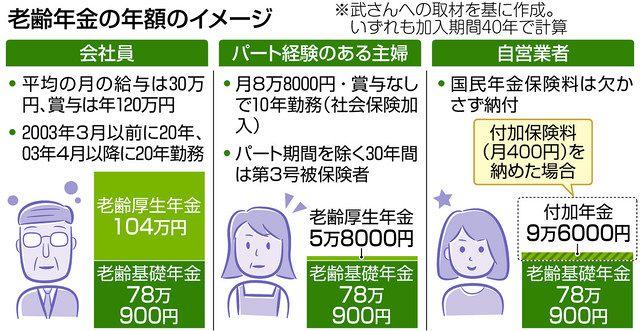In this day and age, your monthly credit card statement is full of familiar subscription services. In addition to Netflix for video distribution, Spotify for music distribution, XBox Game Pass for game distribution, Peloton for online fitness, etc., meal kits, wine, protein and low-sugar cereals are sold at a fixed price.
Financial giant UBS estimates that the "subscription economy" will grow 18% annually over the next four years, boosted by changes in buying habits due to the coronavirus pandemic, and 25 It is expected to reach $1.5 trillion (approximately ¥170 trillion) annually.
Car makers are trying to ride that wave.
The idea is simple. We will sell cars equipped with functions such as video recording by drive recorder, hands-free automatic driving, and data-based driving support, so if you want to use those functions, we want you to pay an additional fee. In this way, it can be said that the idea that software can be updated even after purchasing a car from a dealer has spread to the world thanks to Tesla.
Expansion of subscriptions will drastically change the game industry
Automakers introduce subscriptions one after another
General Motors (GM) held on October 6, 2021 At a briefing for investors, he indicated that the increase in revenue from subscription services could reach $20 billion to $25 billion (approximately ¥2,280 billion to ¥2,850 billion) in 2030. OnStar, a service for GM vehicle owners, has 4.2 million subscribers, including an app that costs $15 a month.
Electric vehicle (EV) start-up Rivian says that a single vehicle enabled with software-provided services can generate $15,500 in revenue over its lifetime. It could bring new benefits, it explains in its recently released financial report. These services include features such as autonomous driving, infotainment, internet connectivity and in-vehicle diagnostics.
BMW also surprised (and puzzled) last year by announcing the introduction of a subscription service for things like heated seats. In the United States, in addition to in-vehicle cameras, it offers a subscription service that supports remote engine start functions.
In the last few years, automakers have been working to transform themselves from "a product-selling industry to a service-and-products industry," according to Brian Irwin, head of Accenture's automotive and mobility practice. Modern cars are equipped with cameras and sensors on multiple computer chips. Using detailed data from these will lead to the development and sale of new products.
BMW has begun offering subscription services, but backtracked in 2019 on plans to offer Apple's CarPlay for a fee. PHOTOGRAPH BY BMW
How manufacturers are driving adoption
The auto industry's drive to electrify could make such subscriptions much more attractive. “Consumers see EVs as a technology that enables something new,” says Alan Wexler, vice president of connected services and data insights at GM.
It also means that consumers are willing to spend money on cars like never before. In fact, it would be a boon to car makers if consumers began to think of their cars as a "platform" like a smartphone, requiring additional paid apps to improve their lives. .
Automakers have long been interested in the mechanics of additional software functionality. This is because the profit margin is low only in the production and sales of automobiles, but the story is different in the case of software development.
If software is developed, it can be sold in large quantities, and unlike cars, customization is not limited to the time of production. With an average vehicle lifespan of about 12 years, providing additional features not only increases the manufacturer's bottom line, but also provides an opportunity to strengthen the bond between the customer and the brand. It's the same reason why iPhone users become loyal users of Apple products.
And there's a little "secret" with subscriptions. People tend to forget they're on a subscription, so companies can keep charging forever. At least, they'll be able to keep charging until someone thinks to pull out a magnifying glass and take a closer look at their statements. regulatory authorities are beginning to act).
Users may experience "subscription fatigue"
However, there is no guarantee that drivers will subscribe to a car manufacturer's subscription. You realize that paying a monthly fee for a product can end up costing you money, and you can get fed up with "subscription fatigue." And in the end, it could even turn down new subscription deals.
It may be determined that the features available with a subscription are not worth the price. “There’s a big gap between the ideal [of subscriptions] and the reality. No one has yet figured out how to make subscriptions last longer,” said an automotive industry analyst at Gartner. 's Mike Ramsey points out.
GM's internal research shows that customers are willing to pay up to $135 a month for the right combination of products and services. Specifically, in addition to high-precision map services, data analysis for companies that own corporate vehicles, including those made by GM, and functions such as software that improves performance and sharpens acceleration.
Furthermore, GM explained that, like current smartphone makers, it is possible that in the future, GM may introduce applications for in-vehicle platforms developed by external companies.
Backlash from users

However, there is already a backlash against the function that has been installed as standard so far as a subscription as an afterthought. In 2019, BMW was testing a subscription service that provided the "CarPlay" function that links Apple's iPhone and in-vehicle system for $ 80 (13,900 yen in Japan) annually, but withdrew this plan. .
The company faced similar backlash in the summer of 2020 when it announced plans to introduce subscription services that included lane-keeping systems, steering wheel heaters and more. A BMW spokesperson said the effort was "part of BMW's global strategy," but did not say whether the company had learned such lessons about customer buying preferences.
Experts say automakers generally think they should be cautious about charging for basic functions related to safety and security. This is because if you give the impression that you are trying to make people buy expensive services or products for the sake of safe driving, you may invite resentment from drivers.
To prevent this from happening, you may want to rely on marketing. “Some people find subscriptions intimidating, others find it unfamiliar, so maybe we can package it differently for different audiences,” Accenture's Irwin said. suggest.
In any case, many drivers in the US have some kind of monthly payment related to their car. Instead of thinking of cutting-edge cool features as subscriptions, think of them as extras that come with your regular bill.
* Click here for articles related to automobiles by "WIRED". Click here for subscription related articles.
Expansion of subscriptions will drastically change the game industry
INFORMATION
We are looking for members for WIRED Japan's "Membership" that allows you to participate in limited events!
WIRED SZ Membership, a membership service that delivers selected long reads (long articles) packed with insight into the next 10 years according to weekly themes. ”. A one-week free trial is available for this stimulating service that allows you to participate in weekly members-only events! Click here for details







![Advantages of "Gravio" that can implement face / person recognition AI with no code [Archive distribution now]](https://website-google-hk.oss-cn-hongkong.aliyuncs.com/drawing/article_results_6/2022/2/25/98ceaf1a66144152b81298720929e8e7.jpeg)